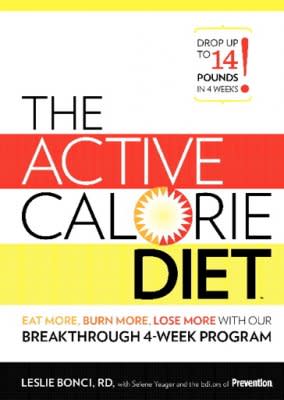Prevention’s Quick Fix: 10 Ways to heal a bruise
Unless you encase yourself in bubble wrap, you'll never be bruise-proof. But you can lessen the likelihood of a small bruise turning into a large one and help the black-and-blue fade quickly. Here's how.
Get more amazing and effective natural remedies here
1) Ice it. If the skin isn't broken, put ice on any injury that might bruise, advises Monica Halem, M.D. "Ice constricts the blood vessels and prevents more blood from seeping into the skin," she says. A cold pack also minimizes the swelling, numbs the area, and reduces pain. Wrap the ice pack in a thin cloth to protect your skin, put it on the bruise as quickly as possible, and keep it there for 15 minutes. If you suspect the bump will blossom into a severe bruise, continue this ice treatment every couple of hours for the first 24 hours. Allow your skin to warm naturally and don't apply heat between ice packs.
2) Then add heat. After 24 hours, use heat to dilate the blood vessels and improve circulation in the area. "Warm compresses will help speed up the body's natural mechanisms for removing the blood in the bruise," says Randy Wexler, M.D.
3) Keep it closed and clean. Leave the skin covering a bruise intact, says Dr. Halem. "If the skin is already broken, clean it with soap and water, and then apply an over-the-counter antibiotic ointment or petroleum jelly," she says. Then cover it with an adhesive bandage.
4) Prop your feet up. Bruises are little reservoirs of blood. Blood, like any liquid, runs downhill. If you do a lot of standing, blood that has collected in a bruise will seep down through your soft tissues and find other places to puddle. "Elevation will also help ease any swelling," Dr. Halem says.
5) Eat some C. If you do bruise easily, there's a possibility you could be deficient in vitamin C.
Vitamin C is instrumental in helping build protective collagen tissue around blood vessels in the skin, says Sheldon V. Pollack, M.D. Your face, hands, and feet contain less collagen than, say, your thighs, so bruises in these areas are often darker. If you bruise easily, Dr. Pollack suggests 500 milligrams of vitamin C three times a day to help build your collagen. Or you can boost your intake by eating foods rich in vitamin C such as citrus fruits, green leafy vegetables, and bell peppers.
Find out why Vitamin C is an anti-aging powerhouse
6) Rub on Vitamin K cream. Vitamin K decreases bruising-both inside and out-by helping blood to clot. Rub some vitamin-K cream (available in your local drugstore and online) on a bruise a few times a day to clear it up faster, Dr. Halem says. You can also minimize bruising or ease the severity of a bruise by boosting your intake of vitamin-K-rich foods. "Green leafy vegetables, alfalfa, broccoli, and seaweed are good dietary sources of vitamin K," she says.
Are you taking the supplements you need to stay healthy?
7) Watch your meds. People who take aspirin to protect against heart disease or those on blood thinners will find that a bump easily turns into a bruise. Drugs such as anti-inflammatories, antidepressants, and asthma medicines can inhibit clotting under the skin and cause larger bruises. Alcoholics and drug abusers tend to bruise easily, too. If you're taking medicine that makes you prone to bruising, talk to your doctor about it.
8) Try a Bromelain supplement. This pineapple extract, available in most health food stores, "digests" proteins that cause inflammation and pain, says Jay Zimmerman, M.D. "Take 1 or 2 grams with water before meals."
How do you heal minor cuts and bruises?
More from Prevention
Foods that Make Your Skin Glow!
Try This Work Out and Stay Diabetes-Free
Look Years Younger with Potent Botanical Extracts

Order Prevention today and receive a FREE Trial Issue and FREE Pedometer!
Order your copy of The Active Calorie Diet today!

